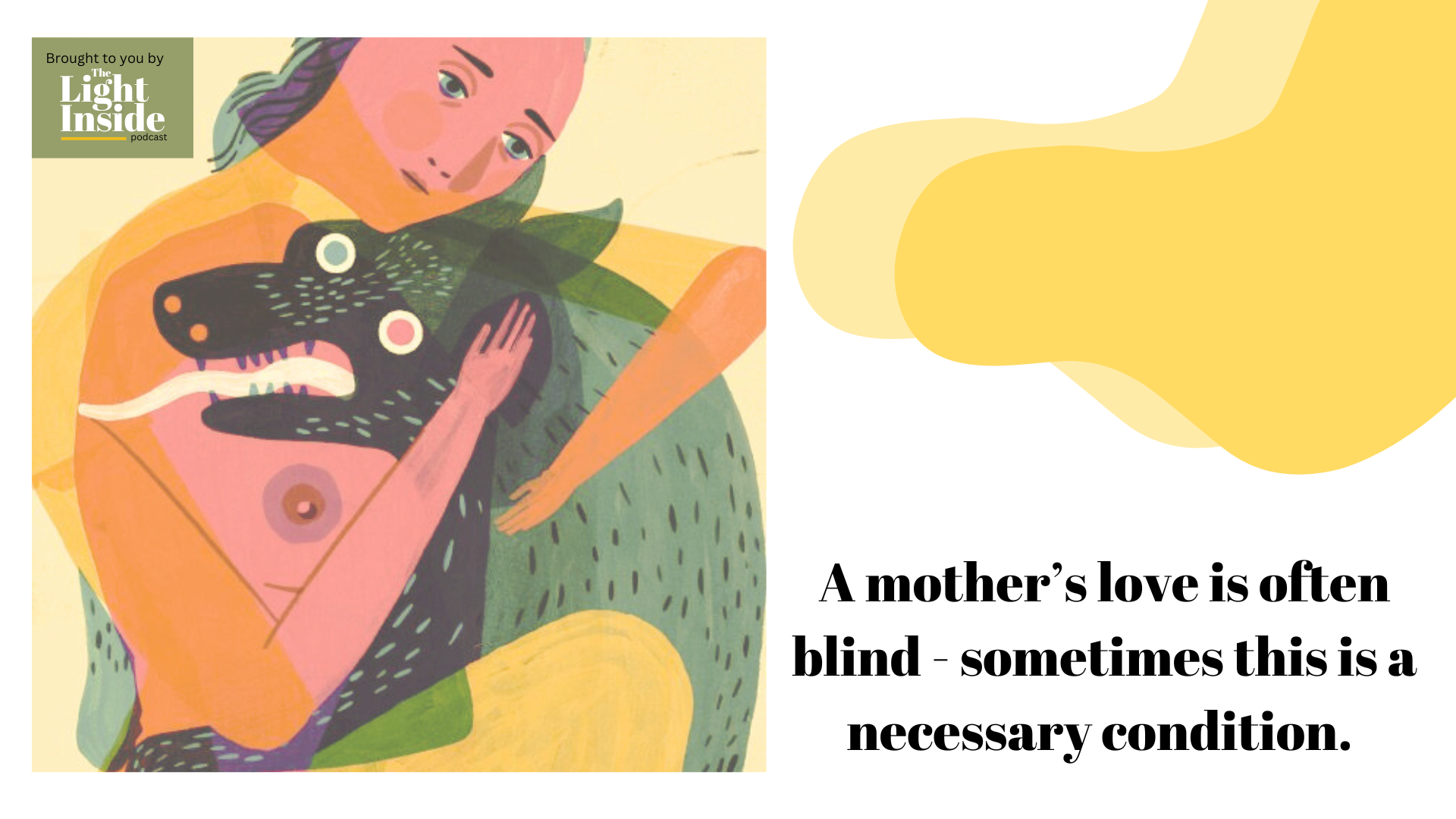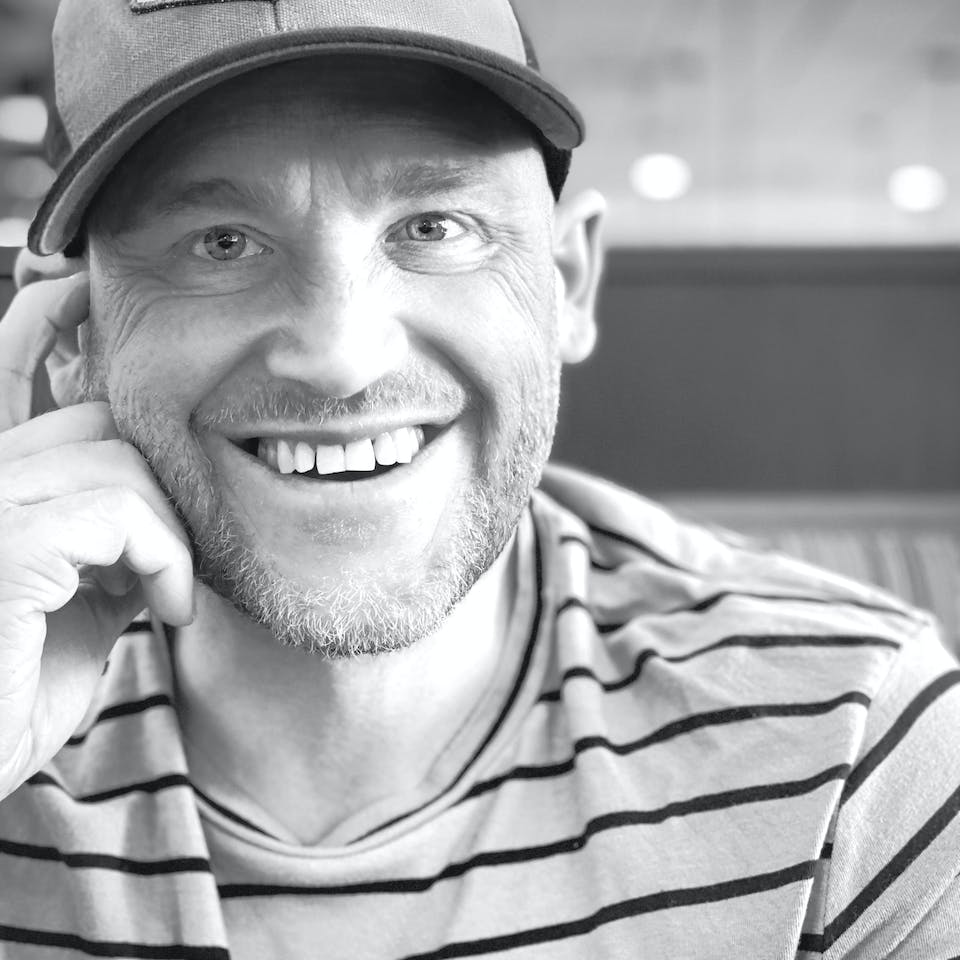Love with a Twist: Why "Unconditional" Might Not Be the Magic Word After All

Have you ever wondered…if unconditional love might actually require some conditions in order to exist?
Gather 'round, dear readers, for a tale as old as time... Or at least as old as self-help books. We're about to embark on a journey to challenge everything you thought you knew about love. Just like Tina Turner, we ask, “What’s love got to do with it”. When it comes to the conditions that create a kind, and loving environment, the answer: EVERYTHING.
Buckle up, because things are about to get conditionally unconditional!
The Myth of the Perfect Love
Once upon a time, in a land far, far away (or maybe just in your local bookstore's relationship section), there lived a concept called "unconditional love." It was the fairest of them all, promising eternal happiness and perfect relationships. But what if we told you that this beloved notion might be... gasp... a bit of a fib?
- A subconscious emotional coping mechanism known as a false dichotomy, to be exact.
Enter the Plot Twist
Our intrepid heroes, a group of researchers and psychologists, have been on a quest to uncover the truth. And boy, do they have news for us! It turns out that love, much like that plant you keep forgetting to water, actually thrives on certain conditions.
Conditional Love as a Counter-Intuitive Approach to Personal Growth and Effective Parenting
The thesis posits that the concept of unconditional love, when examined critically, reveals itself as a false dichotomy and a logical fallacy (inherently subconscious patterns). It argues that love, whether for ones person or others, inherently involves conditions, and recognizing these conditions can lead to healthier personal growth and more effective parenting.
The notion of unconditional love is challenged by exploring the essential conditions that underpin the existence and expression of love.
Assertion: Unconditional Love is a false dichotomy
Let’s explore what it means for conditionality to exist.
First, define a condition:
- A state of being: something essential to the appearance or occurrence of something else : PREREQUISITE: such as
- An environmental requirement
Conditionality: refers to the existence or stipulation of conditions that must be met for certain outcomes or states to occur. A condition is defined as a state of being that is essential to the appearance or occurrence of something else, acting as a prerequisite. It can also refer to an environmental requirement that is necessary for a particular event or state to manifest.
In exploring what it means for conditionality to exist, we recognize that certain criteria or circumstances are required to bring about specific results or situations.
For example: Being alive is a condition of human existence because it is an essential state of being that must be present for any other aspects of human life to occur or manifest. It serves as the fundamental prerequisite for all experiences, actions, and developments that define human life.
A salient example, in a relevant sense, of the emotion of love:
- Unconditional love is a false dichotomy and logical fallacy because it implies a binary distinction where love is either entirely without conditions or not love at all.
In reality, love inherently involves conditions: such as mutual respect, shared trust, and shared values, making the concept of love without any conditions unrealistic and misleading.
Conditions: Not Just for Air Conditioning Anymore
Now, before you start throwing tomatoes at your screen, hear us out. These aren't the kind of conditions that come with fine print and hidden fees. We're talking about the good stuff:
- Mutual respect (because who doesn't want to be treated like the human they are?)
- Trust (the kind that doesn't involve checking your partner's phone at 2 AM)
- Shared values (like agreeing that pineapple absolutely does or doesn't belong on pizza)
The Personal Growth Plot Thickens
But wait, there's more! These conditions aren't just for romantic love. They're the secret sauce for personal growth, too. Imagine a world where we all:
- Set boundaries (without feeling guilty about it)
- Communicate our needs (using actual words, not just meaningful sighs)
- Take responsibility for our own emotions (instead of blaming it on Mercury being in retrograde)
Parenting: It's Not Just for the Unconditionally Patient
And for all the parents out there, brace yourselves for this revolutionary idea: It's okay to have healthy, adaptive expectations for your kids! In fact, it might even help them grow into functional adults who remember to call their parents occasionally.
The Happily Ever After (With Conditions)
So, dear readers, as we close this chapter on our journey of enlightenment, remember this: Love with healthy conditions isn't just okay—it's fan-freaking-tastic. It's the kind of love that helps us grow, set boundaries, and create relationships that don't require a therapist on speed dial.
The next time someone talks about unconditional love, you have our permission to calmly raise an eyebrow and say, "Well, actually..." Just remember to do it with love... and maybe a few conditions.
We would love to hold a kind, open space for you to consider your thoughtful insights!
What do you feel are the conditions that create a kind, loving, and vulnerable environment?
Empirical evidence from various fields, including psychology, neuroscience, and social learning, supports the statement that resistance to the conditions that lead to love often stems from subconscious avoidant or defensive coping mechanisms. These mechanisms, developed as protective strategies, hinder the ability to engage in the vulnerability and openness necessary for loving relationships.
References
- Mikulincer, M., & Shaver, P. R. (2007). Attachment in Adulthood: Structure, Dynamics, and Change. The Guilford Press.
- Vaillant, G. E. (1992). Ego Mechanisms of Defense: A Guide for Clinicians and Researchers. American Psychiatric Press.
- Hofmann, S. G., Asnaani, A., Vonk, I. J., Sawyer, A. T., & Fang, A. (2012). The Efficacy of Cognitive Behavioral Therapy: A Review of Meta-analyses. Cognitive Therapy and Research, 36(5), 427-440.
- Panksepp, J. (1998). Affective Neuroscience: The Foundations of Human and Animal Emotions. Oxford University Press.
- Van der Kolk, B. A. (2014). The Body Keeps the Score: Brain, Mind, and Body in the Healing of Trauma. Viking.
- Bandura, A. (1977). Social Learning Theory. Prentice Hall.
- Loevinger, J. (1976). Ego Development: Conceptions and Theories. Jossey-Bass.
- Papero, D. V. (1990).Bowen Family Systems Theory. Boston: Allyn and Bacon.


